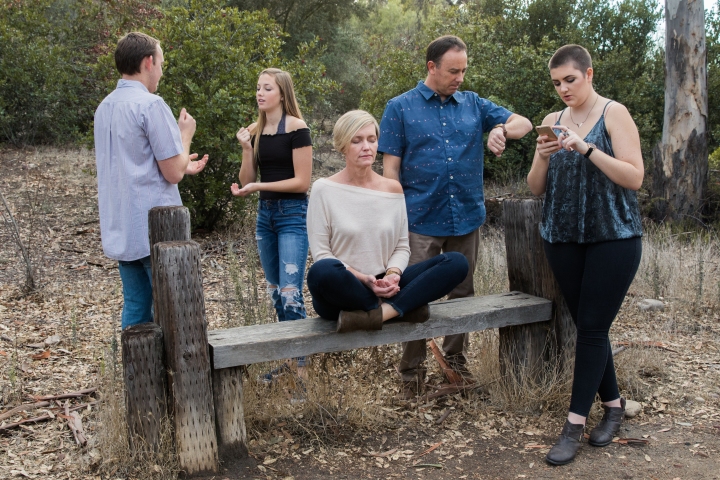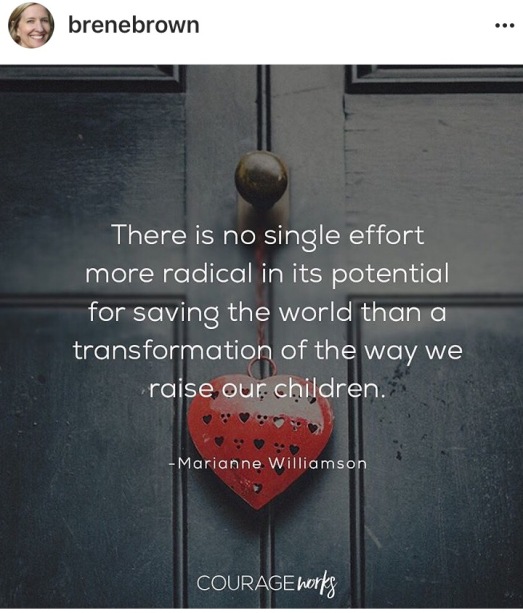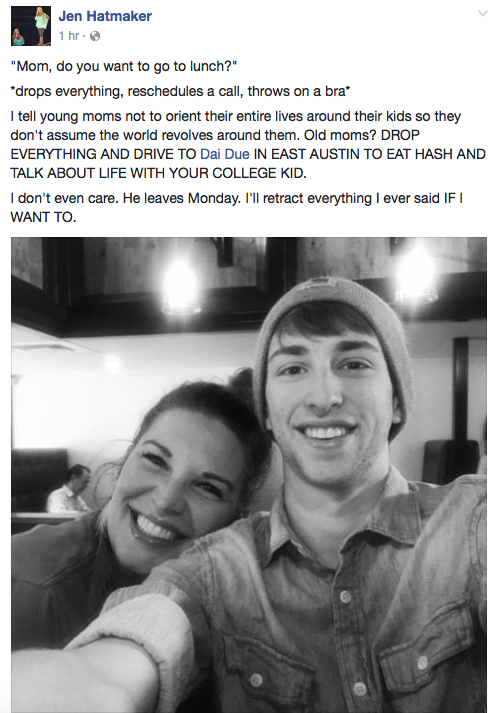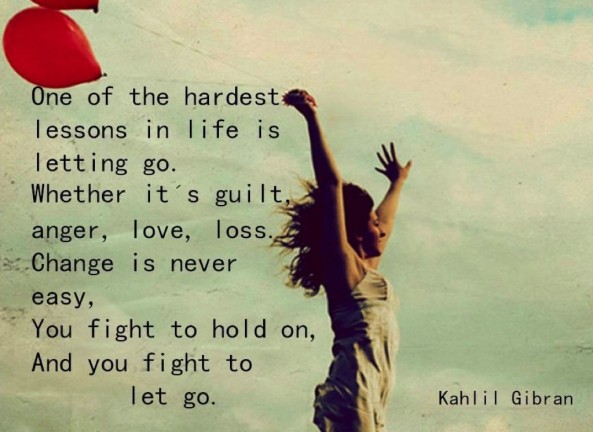Dear Readers (and hopefully soon-to-be listeners)-
One of my favorite projects of 2017 was working on a podcast mini-series: “Practice Without Preaching: Creating a Family Spirituality”.
Here’s how it started.
About a year ago, my friend Paul, host of the Contemplify podcast, emailed me and said: I think you should start a podcast.
No, was my obvious answer.
He knew I was going to say that, so he had an alternative for me:
Record a podcast series. I’ll produce it and put it on Contemplify. Easy-peasy.
He believed in my blog, my stories and my content that much. We could all use more friends like Paul in our lives – the ones who think that the world would be a better place if more of YOU were in it, the ones who not only encourage you, but support you with repeated follow-up messaging and put their own resources at your disposal.
So after a lot of back and forth, a fair amount of technical difficulty on my part, and then actually screwing up the courage to listen to the sound of my own voice with all my “ums” and “you knows” and other verbal idiosyncrasies, I share with you Episode One of “Practice Without Preaching”. It was released on January 18, with additional episodes being released, one per day for the next five days.
Depending on when you tune in, you may be able to access all five hours of content at one time. Is it binge-worthy? Who knows? You’ll have to decide that for yourself, but I hope you’ll give it a listen, beginning with the first episode where Paul puts me through the Contemplify paces, normally reserved for the rarefied air of published authors, eminent PhDs and theologians, world travelers, poets, filmmakers and the like. I have to admit; I felt a little intimidated going in. My primary job title for the last twenty years has been “mom,” but as Paul kindly points out in his bio on me, I wear a lot of other hats too, (including “an Ambassador of Love,” which just might be my favorite title ever.)
You might be wondering what the series is about. Why should you give up so much of your time (even though it can be down-time, driving time, gym time, etc) to a podcast on family spirituality? If you read, #Signs of Love, you’ve got an inkling of what’s coming. I talk about family, faith, fidelity and all the ways I (we) can fail to Love, but I also get out of my comfort zone and actually get prescriptive instead of just descriptive.
I tell stories, but I also offer some serious “how-tos” when it comes to offering kids a sense of faith and values outside traditional church settings. I challenge parents to intentionally honor their own truths, but also to consider the triggers that keep them from being the people and parents they want to be. I talk about the importance of finding a place to worship with integrity, not just convenience, or cultural acceptance. None of this is easy stuff, but I long for families to develop a healthy spirituality, one that honors the questions, the journey and the dignity of each of its members.
Here’s why I’m hoping you’ll tune in.
- If you’re a twenty-something spiritual-seeker, I hope you’ll find that God is with you along every road you travel and all the way home.
- If you’re a thirty-something parent with young kids, I hope you’ll find comfort in finding someone a little further down the road, who can help you map the terrain ahead.
- If you’re in your forties or fifties and have teens, or young adults on their way out the door (like me!), I hope you’ll find the language to have some important conversations about who they want to be and how they want to show up the world.
- And if you’re a grandparent whose kids have left the church, maybe this podcast will open up a dialogue about how the signs of your faith might be made manifest in future generations, whether they share your theology, or not.
Anyway, that’s what I hope for this project someday. In my mind, this series is just the beginning of a conversation I’d love to have with you, so stay in touch. Ask a question; post a comment; offer a constructive critique, and let the journey continue.
Start HERE on Contemplify. Paul will offer you all the links to all the places the podcast can be found, including iTunes, Stitcher and Google Play.
Knowing the podcast on family spirituality was coming out, I asked the kids to take an updated photo. Polished and perfect? Not by a long shot. Perfectly ourselves? Amen.





 Last month, I had a chance to talk about one of these resolutions (or “course-corrections” as I think of them) on the podcast
Last month, I had a chance to talk about one of these resolutions (or “course-corrections” as I think of them) on the podcast 